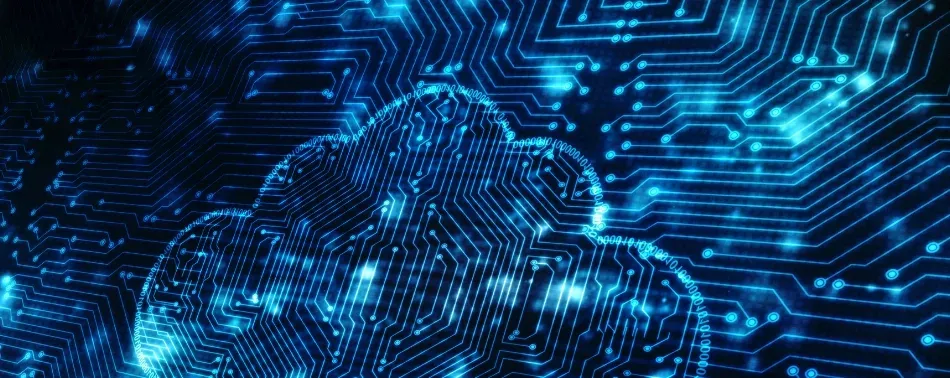How tech giants are building cyber resilience

Cyber resilience is the ability of an organization to operate in the face of a cyber-attack or other cyber incident. It involves having the necessary technical and organizational measures in place to detect, respond to and recover from such incidents, as well as the ability to adapt and learn from them to improve future resilience.
Being transparent about internal practices and sharing information with competitors and policymakers can make organizations feel vulnerable. But it is this vulnerability that will lead to true collaboration and progress.
What do Microsoft, Apple, Google, Intel and IBM have in common? As well as all being Fortune 500 companies, these tech giants are all using ISO/IEC 27001. With an increasing global uptake and on display at thousands of sites around the world, ISO/IEC 27001 has become the de facto standard for information security management systems.
To protect their critical data assets from digital threats and vulnerabilities, organizations need to adopt a cyber-resilient mindset. Cyber resilience must be integral not only to technical systems but also to teams, the organizational culture and daily operations. Business leaders today are far more aware of the cyber threat than the year prior. According to the World Economic Forum’s (WEF) Global Security Outlook 2023🡭, 91 % of respondents said they believe a far-reaching and catastrophic cyber event is “at least somewhat likely in the next two years”.
Companies worldwide have responded to the pressures by implementing ISO/IEC 27001, the world’s best-known standard for information security management systems (ISMS). It is a documented set of policies, procedures, processes and systems that manages the risks of data loss from cyber-attacks, hacks, data leaks or theft.
